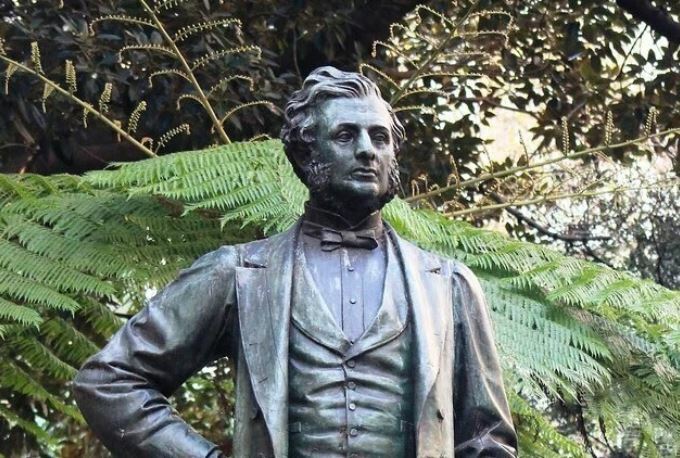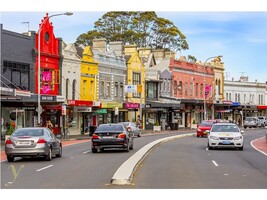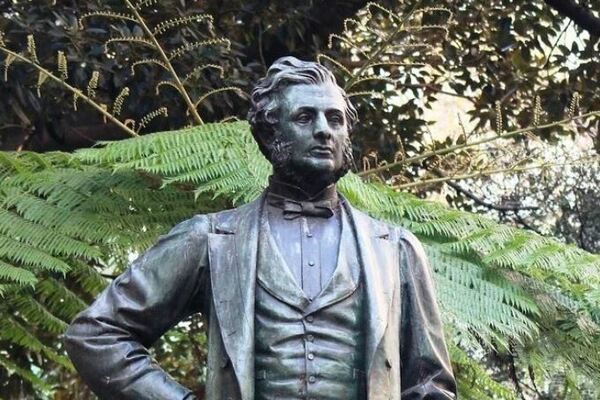
We continue to explore the important contributions of past parishioners of St Mark’s Anglican Church, Darling Point. THOMAS SUTCLIFFE MORT - PART TWO
As discussed in the previous article, TS Mort was a driving force in shaping much of our modern society. His initial and most lasting legacy was to be responsible for rationalising the sale of wool as it emerged as the nation’s staple commodity. The public auctioneering system enabled local producers to stand apart from the London-based brokers who made vast profits from exploiting colonial produce.
As the wool industry emerged, Mort, with the aid of his brother William in England was able to guarantee a fair price for the high quality merino-based wool which had become the most valuable export commodity of the colony. Importantly, Mort was able to develop the first ‘pastoral house’ with credit facilities, consignment arrangements for their produce in London, and commercial assurance for pastoralists.
This was so successful that it ensured the future success of the Australian Wool industry and allowed the young Mort to pursue other ventures which also benefited the broader community. As a serial entrepreneur, Mort was able to invest in steamship companies, railways, mining, large pastoral concerns like the Twofold Bay Pastoral Company and many more.
A devout church and family man, he provided encouragement and often financial support to all kinds of benevolent activities including founding of the Australian Mutual Provident Society, which provided life assurance to thousands of Australian families. Mort was a complicated man who suffered from periodic bouts of depression.
Despite his wealth and standing in the community he was driven to serve his fellow man. A genuine polymath, he invested much of his wealth in huge projects such as the creation of a dry dock which enabled overseas shipping to operate from our distant shores. He also experimented with large scale dairying, farming alpacas, producing silk, cotton and sugar, pioneering the way for others.
Perhaps his greatest achievement was pioneering the refrigeration industry. While he did not live to see the first export of frozen meat, after years of experimentation he had perfected the process which facilitated the preservation of fresh produce over vast distances, enabling the supply of Australian meat and dairy products to the rest of the world. He established the first freezing works in the world in Darling Harbour.
One of Thomas Mort’s greatest strengths was his profound understanding of the obligations imposed by wealth and status, combined with his desire to express his Christian faith in practical ways.
In 1857 Sir Alfred Stephen, the Chief Justice, said of his works, “It would be difficult to specify one public undertaking, having for its object the advancement of religion, or benevolence, or the promotion of the interests of the colony, which Mr Mort has not aided – by his purse and his advocacy, almost invariably by both”. TS Mort died in 1878 at the age of only 61.
He was deeply mourned throughout the community. A fine statue in his honour stands in Macquarie Place erected by public subscription. Ian Tresise St Mark's Historical Society For more information please contact [email protected] or visit https://stmarksdp.org/history/ Next month in Part Three of his story we will further discuss some of his legacy that shaped our emerging nation.




